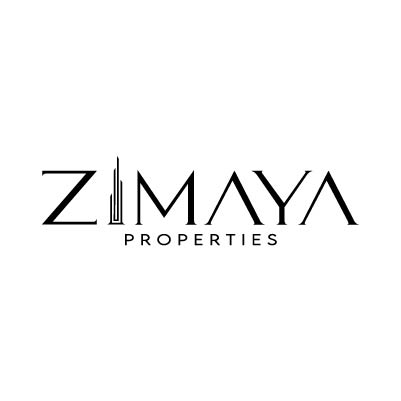Top Waterfront Apartments in Dubai Offering the Best Views and ROI
Looking for the best waterfront apartments in Dubai? Learn which developments deliver top ROI, unbeatable views, and luxurious waterfront lifestyles.
READ MORE »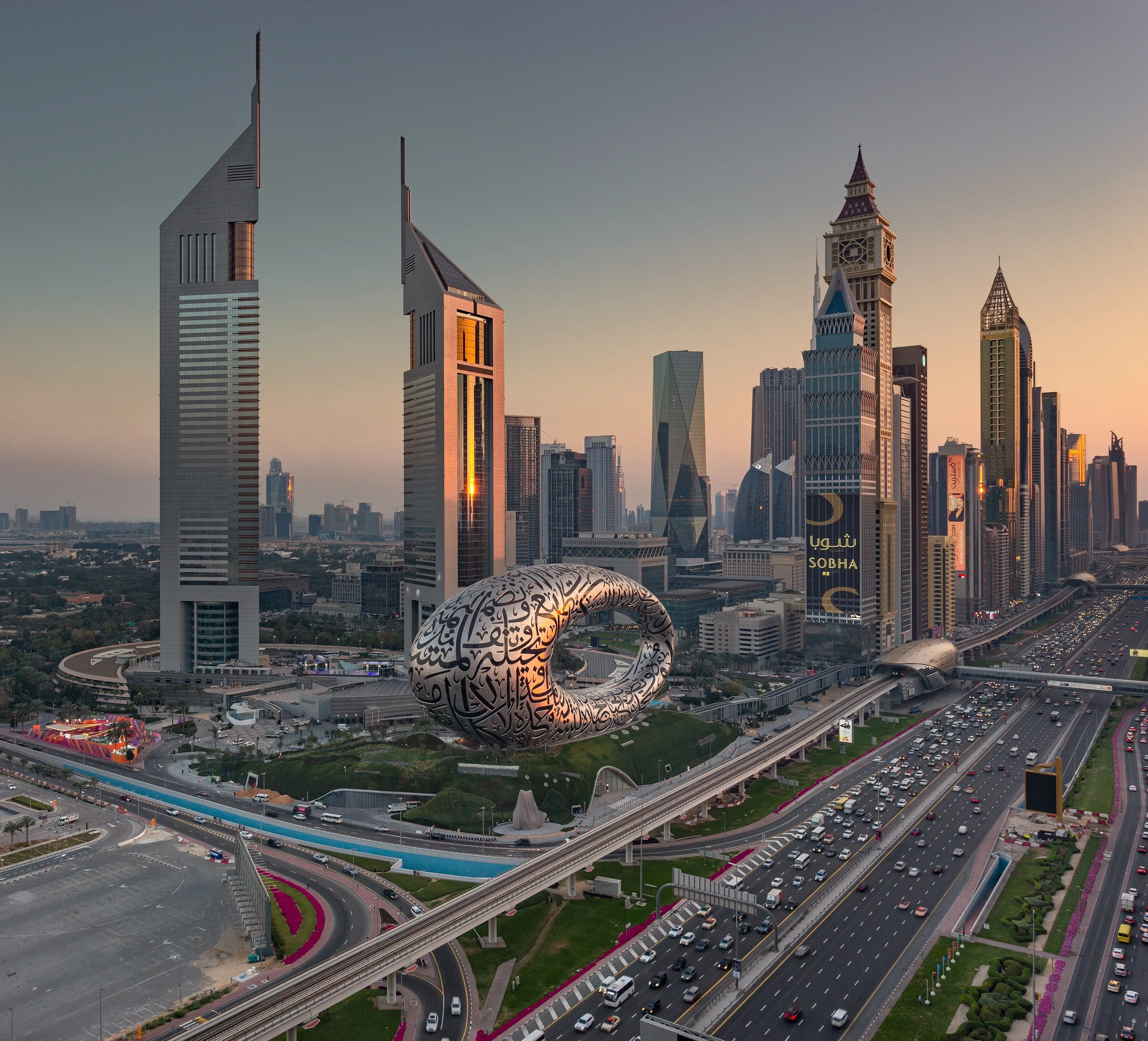
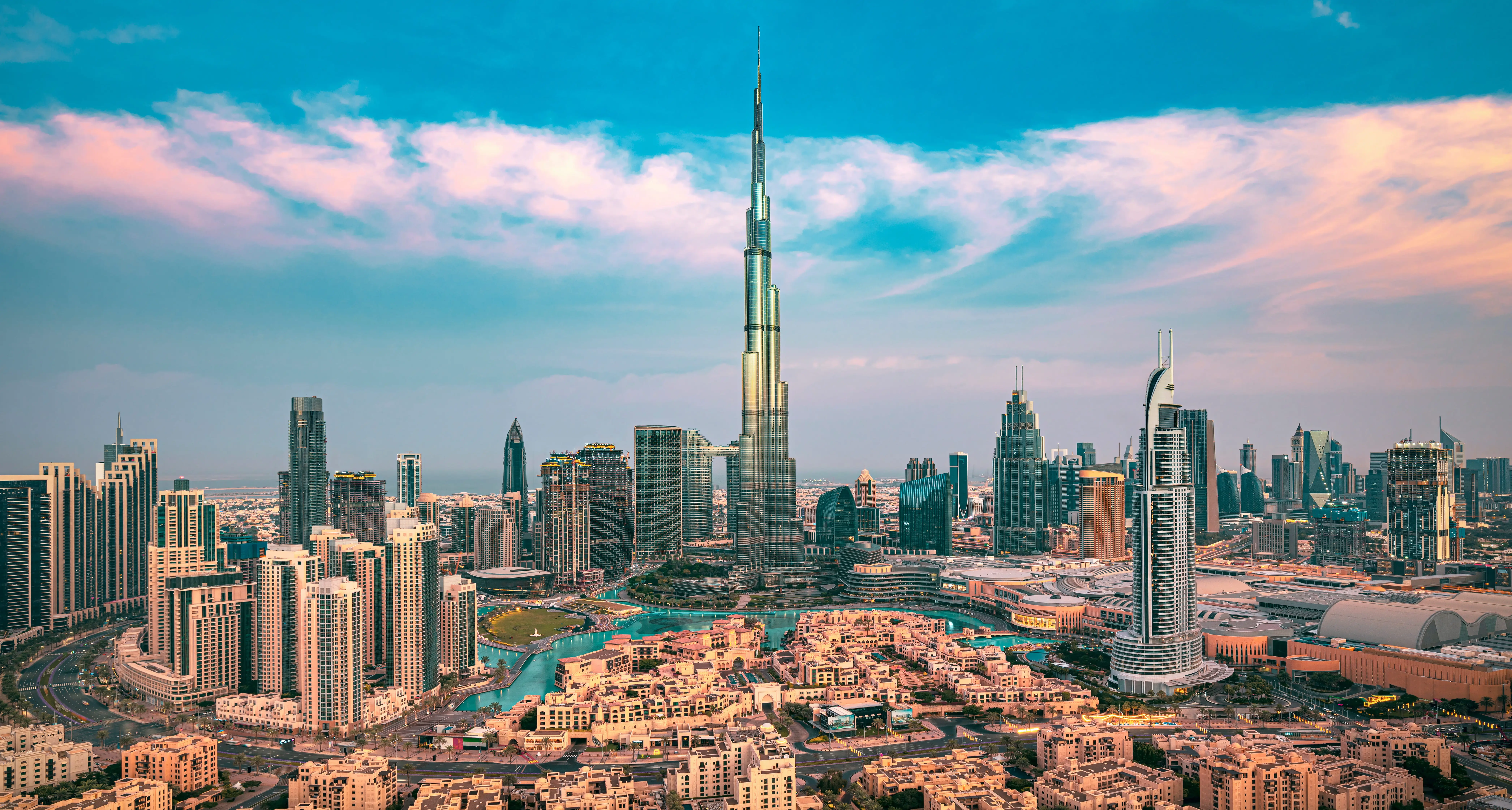
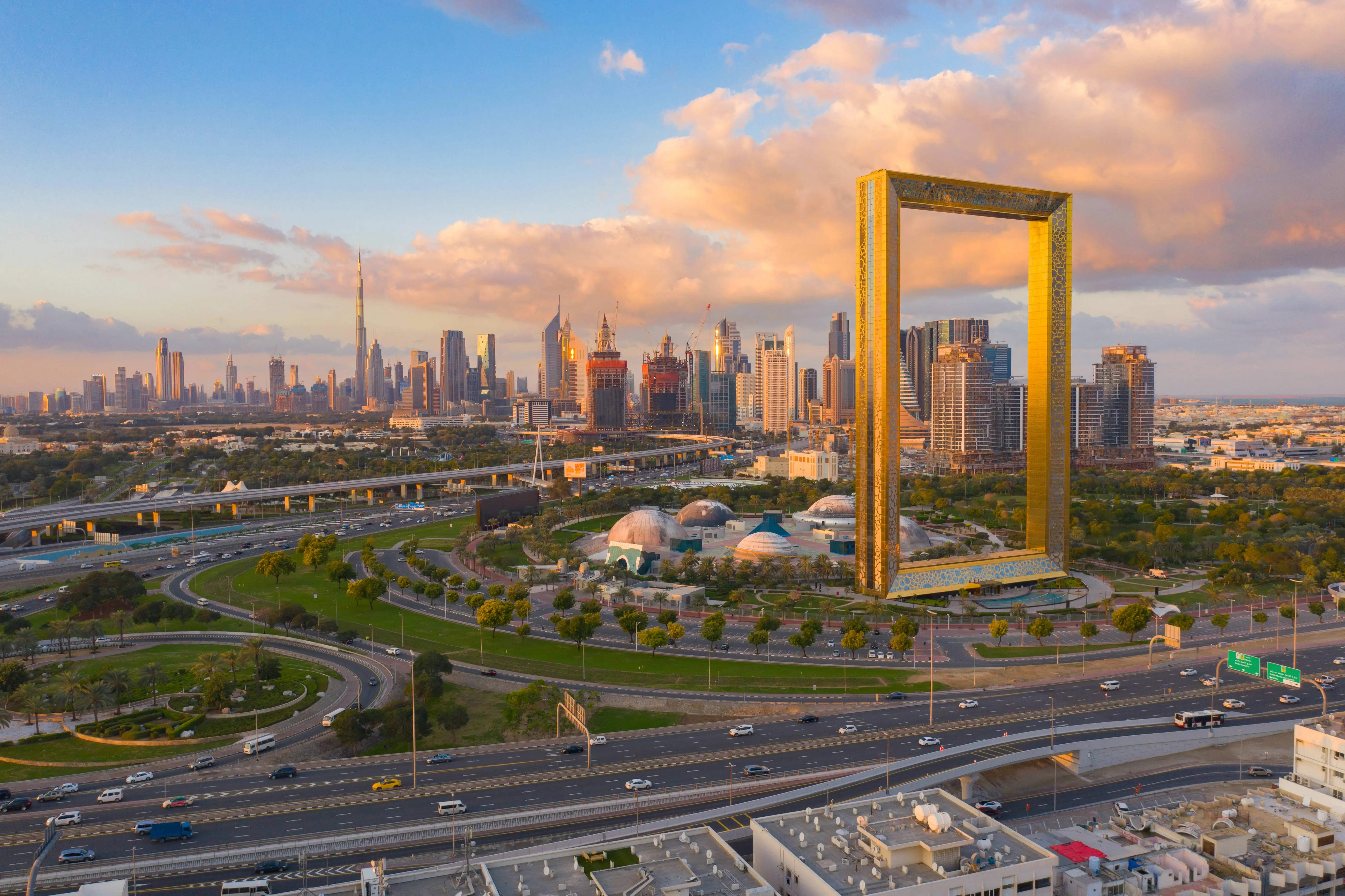
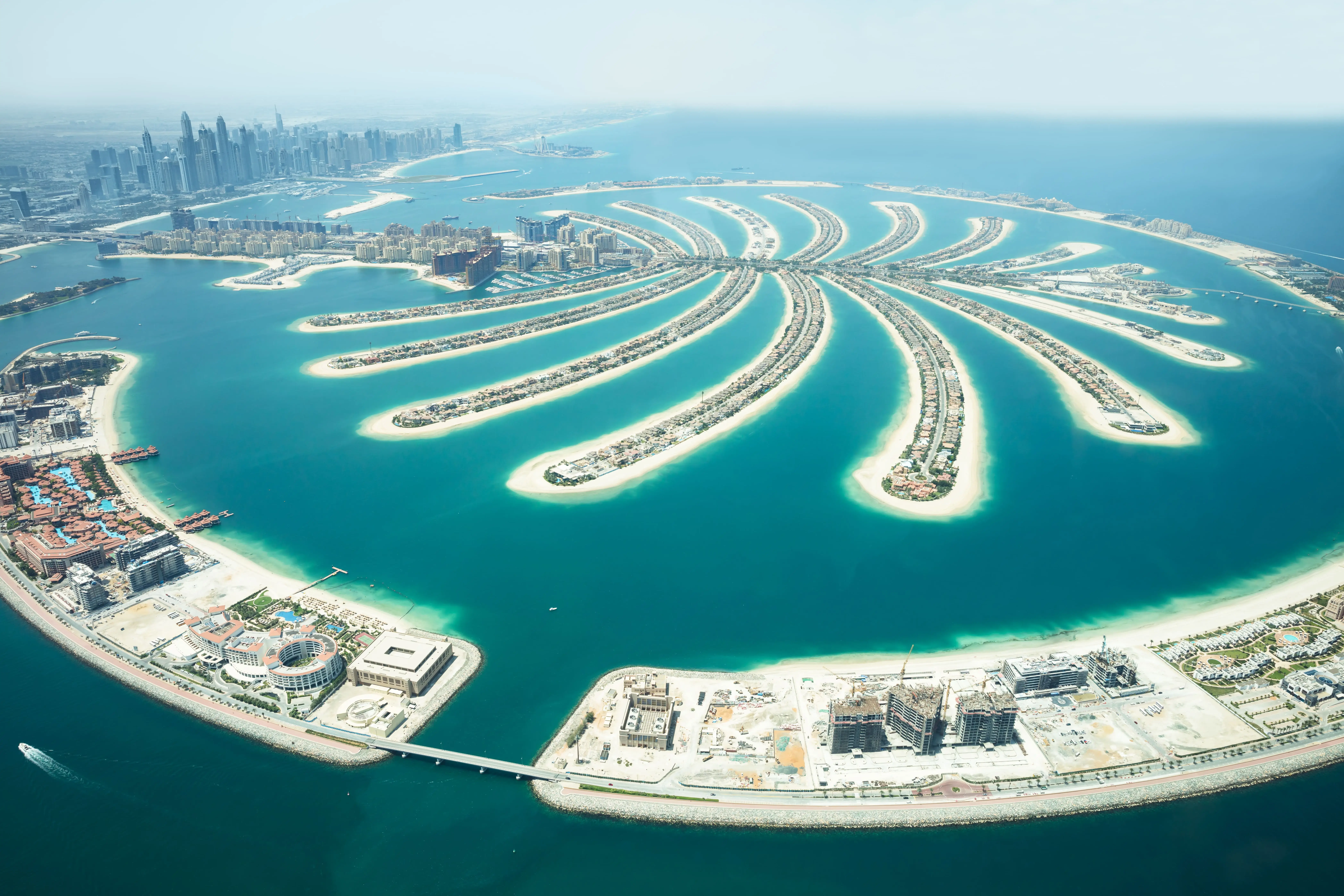
Welcome to FP Property, a trusted real estate agency in Dubai with over 18 years of excellence in connecting people with exceptional homes and investment opportunities across the UAE.
What sets us apart is our ability to leverage state-of-the-art technology, cutting-edge data, and the human element to provide unmatched real estate guidance and full-scope support.
From luxury villas and waterfront apartments to off-plan investments and commercial spaces, we simplify the complex world of real estate — ensuring every client finds not just a property, but the right opportunity.
Years of Experience
Regional Offices
Certified Consultants
Projects Promoted & Advised

From AED 1.521M
Jumeirah Village Circle
Sapphire 32 Residence is a 15-storey architectural gem by Dar Al Karama (DAK) Real Estate that seamlessly combines luxurious design with the vibrant pulse of...
Know More ➜
From AED 2.199M
Jumeirah Village Circle
Binghatti Ruby is a striking high-rise tower (B+G+4P+2 office + 18 residential floors) by Binghatti Developers, inspired by the fiery brilliance of the ruby gemstone....
Know More ➜
From AED 1.302M
Jumeirah Village Circle
The Fifth is a boutique residential development by Object One Real Estate, offering modern 1- and 2-bedroom apartments in a stylish mid-rise building in JVC....
Know More ➜
From AED 699K
Jumeirah Village Circle
Lucky Royale Residences is a 15-storey luxury project by Lucky Aeon Development in the heart of JVC, comprising studios, 1–3 bedroom apartments and exclusive 3–4...
Know More ➜
From AED 2.7M
Jumeirah Village Circle
Samana Manhattan is a G+3P+16-floor innovative development by Samana Developers that emerges as a beacon of modern elegance and comfort in JVC. It offers luxury...
Know More ➜
From AED 888K
Dubai Investment Park
DAMAC Riverside Views Marine 2 redefines waterfront living in Dubai Investment Park (DIP). Developed by DAMAC Properties, this luxurious residential project offers elegantly designed 1...
Know More ➜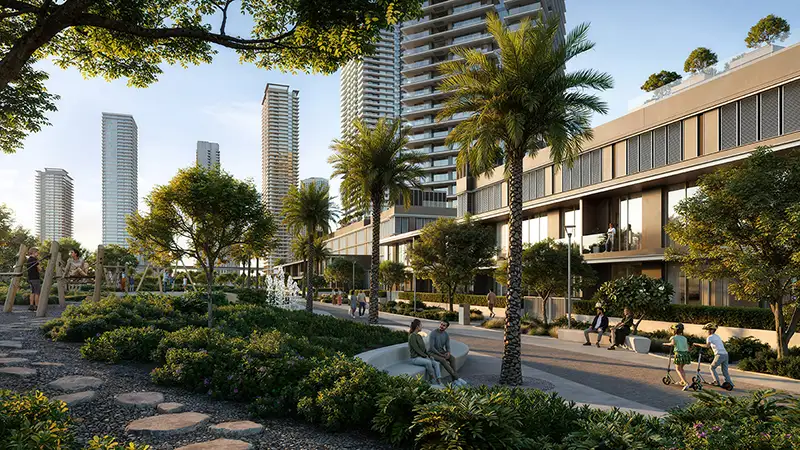
From AED 1.79M
Dubai Creek Harbour
Discover Silva by Emaar Properties, an exclusive waterfront community at Dubai Creek Harbour, where sophistication meets serenity. Designed for those who seek balance between urban...
Know More ➜
From AED 1M
Jumeirah Village Circle
Casa Vista Residences is a boutique luxury development by Golden Wood Developers, set to become a benchmark of modern living in JVC’s District 12. This...
Know More ➜
From AED 547K
DAMAC Hills 2
Welcome to ELO by DAMAC Properties, a stunning new residential development in DAMAC Hills 2, where contemporary architecture meets serene parkland views. Starting from AED...
Know More ➜
From AED 499K
Jumeirah Village Circle
Maison Elysee I & II are twin mid-rise residential towers by Pantheon Development that bring refined urban living to the heart of JVC. Across these...
Know More ➜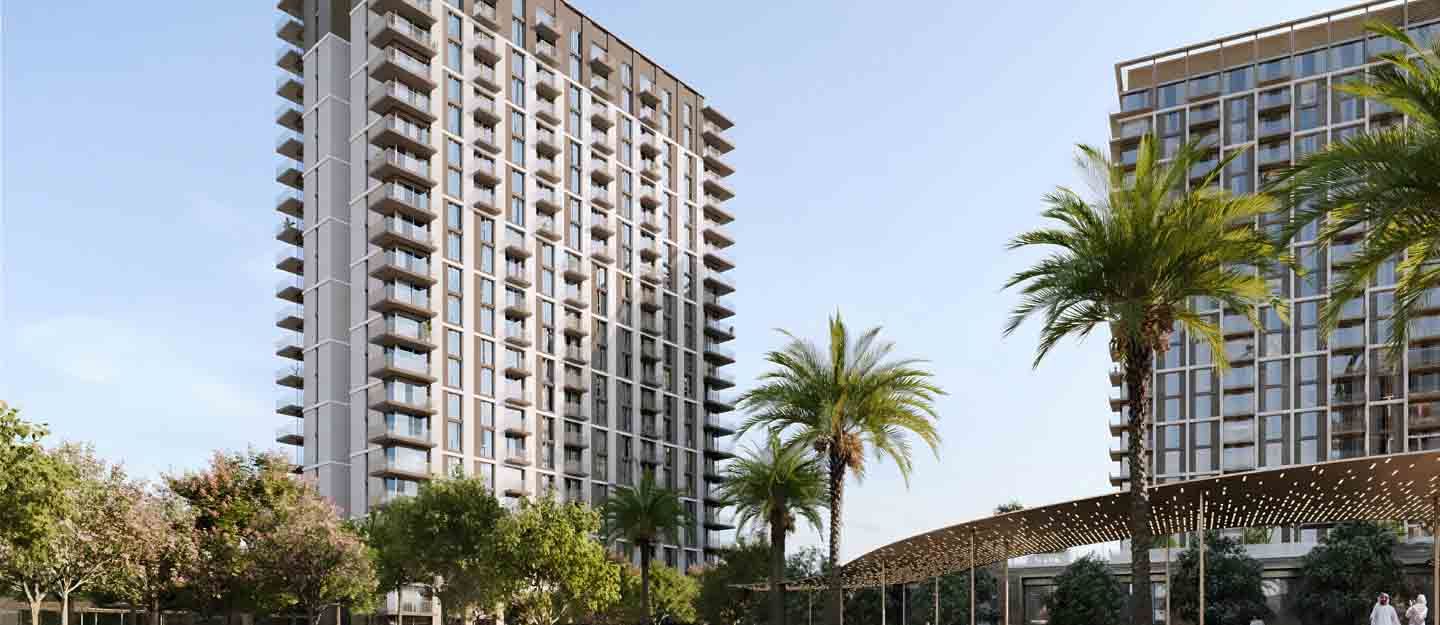
From AED 1.7M
Dubai Creek Harbour
Discover Oria by Emaar, an elegant new residential address at Dubai Creek Harbour, offering a seamless blend of urban sophistication, natural beauty, and modern convenience....
Know More ➜
From AED 781K
Jumeirah Village Circle
Esplora is a 16-story tower infused with Italian design sensibilities, offering studios to 2-bedroom apartments with lofty ceilings and marble finishes. It features an open-air...
Know More ➜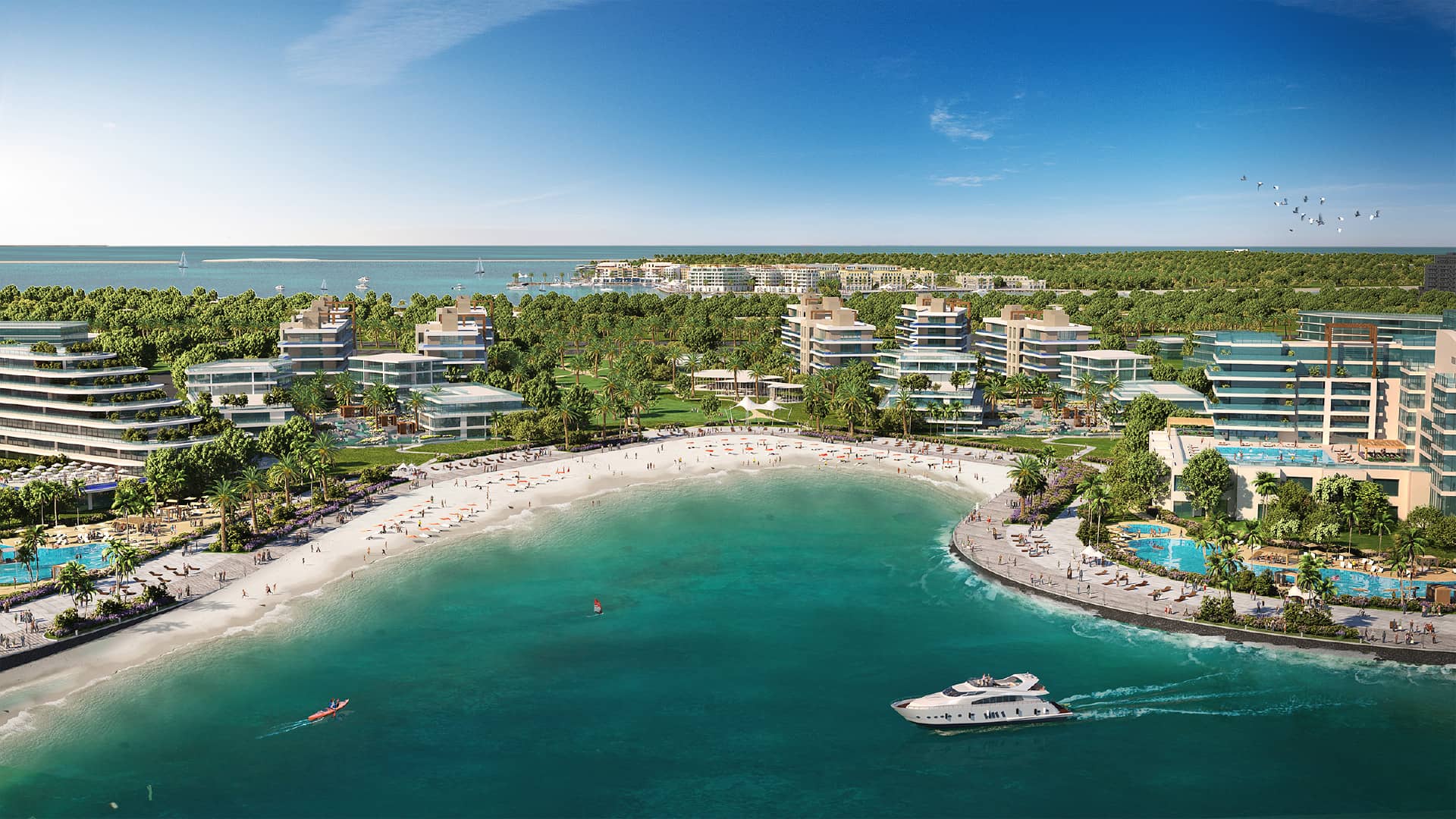
From AED 2.1M
Dubai Islands
Capital Horizon Terraces stands as a symbol of modern coastal living, redefining the concept of intelligent space utilization in Dubai. Developed by Cirrera Development, this...
Know More ➜
From AED 3.33M
Business Bay
Experience an extraordinary lifestyle at Altitude de GRISOGONO, an architectural marvel by DAMAC Properties that brings the brilliance of the world-renowned Swiss luxury brand de...
Know More ➜
From AED 488K
Jumeirah Village Circle
Q Gardens Loft (Phase 1) is an architectural masterpiece by AYS Developers that seamlessly blends classic elegance with innovative modern design. This boutique mid-rise development...
Know More ➜
From AED 859K
Arjan
SAMANA Imperial Garden by SAMANA Developers redefines modern living in the heart of Arjan, Dubai. Offering a collection of studios, 1-bedroom, and 2-bedroom apartments starting...
Know More ➜
From AED 775K-1.706M
Jumeirah Village Circle
Square X Residence is a contemporary urban living destination offering stylish apartments designed for modern lifestyles. Located in a prime city neighborhood, it combines smart...
Know More ➜
From AED 687000
Jumeirah Village Circle
Lucky Oasis Residences is a boutique residential project by Lucky Aeon Group, envisioned as a tranquil retreat within JVC. This low-rise development features a selection...
Know More ➜
From AED 1.316M
Jumeirah Village Circle
Binghatti Grove is a luxurious 21-storey residential tower by Binghatti Developers, offering an opulent collection of 1, 2, and 3-bedroom apartments in the heart of...
Know More ➜
From AED 1.6M
Jumeirah Lake Towers
Experience luxury living elevated to new heights at Verde by Sobha, a 66-storey residential masterpiece rising in the heart of Jumeirah Lake Towers (JLT). Developed...
Know More ➜
From AED 1.292 M
Jumeirah Village Circle
Luma Park Views is a forthcoming residential project by TownX in JVC that promises boutique luxury living with an emphasis on park vistas and community....
Know More ➜
From AED 675K
Jumeirah Village Circle
Vivanti Residences by Meteora is a stunning new development in the heart of JVC, designed to elevate your lifestyle with contemporary design, unparalleled comfort, and...
Know More ➜
From AED 1.2M
Dubai Investment Park
Discover DAMAC Riverside Views Capri 2, an extraordinary waterfront development by DAMAC Properties nestled within Dubai Investment Park (DIP). Designed to embody the essence of...
Know More ➜
From AED 1.084M
Jumeirah Village Circle
Florea Skies brings sculpted architecture and smart technology together in a striking residential tower in JVC. The project offers smart studio to 2-bedroom units with...
Know More ➜
From AED 1.175M
Business Bay
Experience the pinnacle of modern urban living with BAYZ 101 by Danube, an architectural marvel rising majestically in the heart of Business Bay. This iconic...
Know More ➜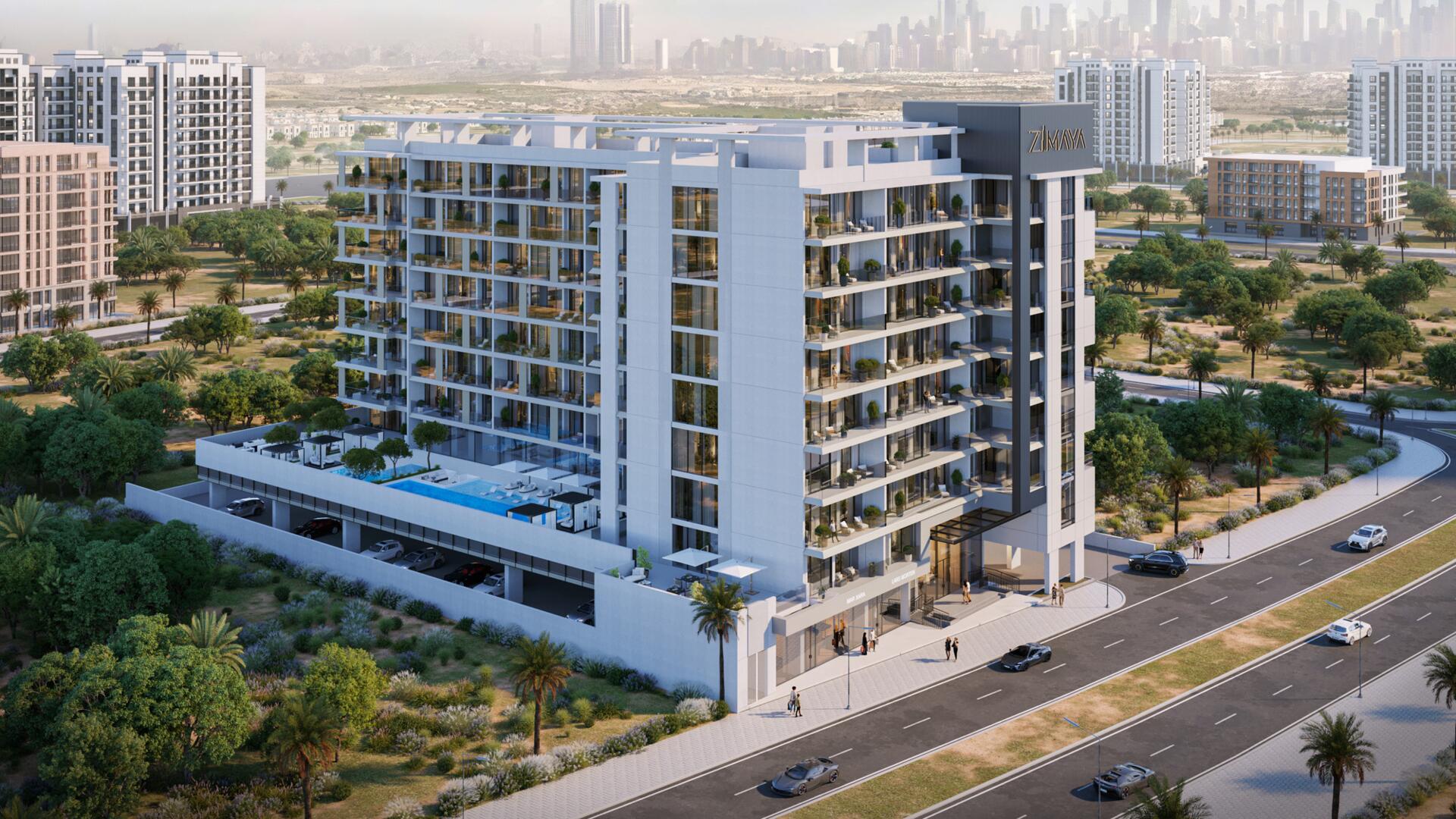
From AED 670K
Dubai Silicon Oasis
Belle Vie by Zimaya is the latest addition to Dubai’s evolving skyline — a residential masterpiece designed for those who seek refined urban living within...
Know More ➜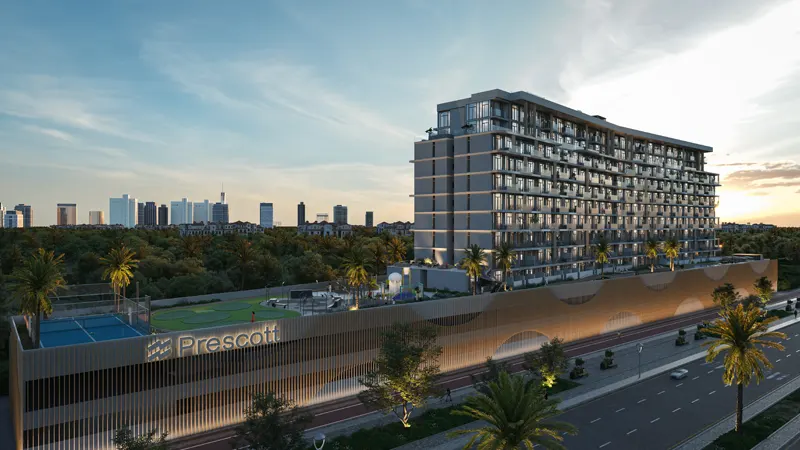
From AED 599k
Discovery Gardens
Experience the perfect harmony of luxury, comfort, and community living at Serene Gardens II by Prescott Developments, located in the heart of Discovery Gardens, Dubai....
Know More ➜From AED 875K
Arjan
Discover 48 Parkside by Tabeer Developments, an exceptional off-plan residential project in the vibrant community of Arjan, Dubai. Starting from AED 875K, this premium development...
Know More ➜
From AED 2.53M
Dubai Maritime City
Soulever by Beyond is an architectural masterpiece rising gracefully from the shores of Dubai Maritime City. Developed by Beyond Developments, this landmark twin-tower project redefines...
Know More ➜
From AED 1.18M
Jumeirah Village Circle
Binghatti Phoenix is a dynamic 25-storey residential tower by Binghatti Developers, renowned for their signature style, situated prominently in JVC. This modern high-rise offers a...
Know More ➜
From AED 800K
Falconcity of Wonders
Sakura Gardens is HRE Development’s newest resort-style residential community in Falconcity of Wonders, designed for residents who want calm, beauty, and modern convenience woven into...
Know More ➜
From AED 1.1M
Jumeirah Village Circle
Samana Manhattan Phase 2 welcomes you to a continuation of the sophistication and urban allure introduced by the first phase. This new phase by Samana...
Know More ➜
From AED 628K
Dubai Investment Park
DAMAC Riverside Views Azure 2 is the latest addition to Dubai’s thriving off-plan property landscape, developed by the renowned DAMAC Properties. Located in Dubai Investment...
Know More ➜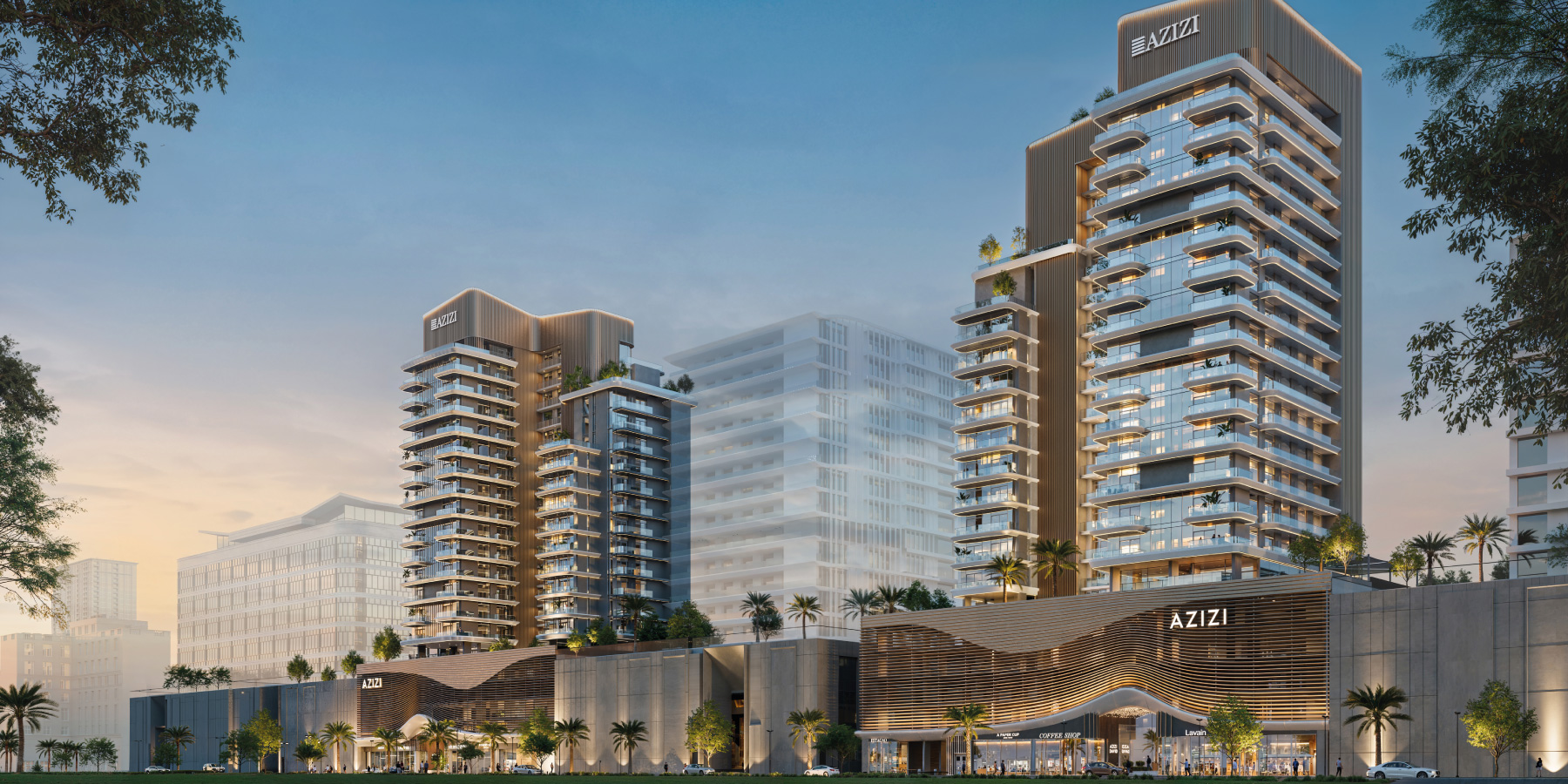
From AED 828K
Al Jaddaf
Azizi Leily is a contemporary residential development in Al Jaddaf, designed for buyers who value elegance, connectivity, and a refined lifestyle in the heart of...
Know More ➜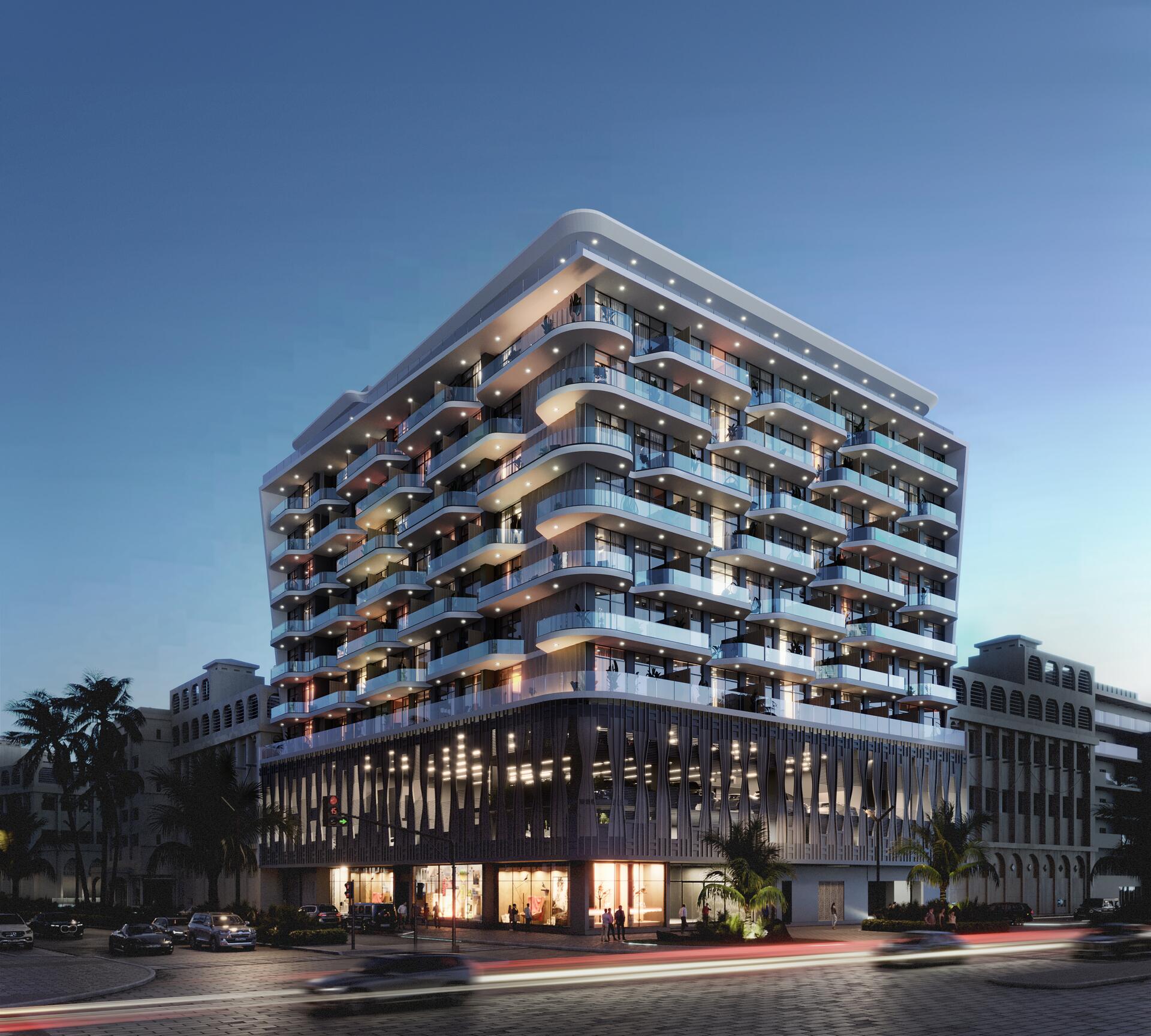
From AED 901,119
Jumeirah Village Circle
Vitality Residence by Segrex Development is an eight‑storey, 165‑unit premium residential complex in Dubai’s Jumeirah Village Circle, designed as a serene urban haven—offering studios to...
Know More ➜
From AED 667K
Jumeirah Village Circle
Azizi Ruby is a 13-storey boutique residential tower by Azizi Developments, offering a selection of 260 stylish apartments—from cosy studios to spacious 1, 2, and...
Know More ➜
From AED 611K
Dubai Production City
ParkFive by Deyaar introduces a fresh perspective on urban living in Dubai Production City, bringing together contemporary design, functional layouts, and a community-centric environment. With...
Know More ➜
From AED 1.293M
Jumeirah Village Circle
Vue by Crystal Bay is a sleek 23-floor residential tower by Crystal Bay Development, seamlessly blending sophisticated design with modern luxury living in JVC. Drawing...
Know More ➜
From AED 799K
Jumeirah Village Circle
Binghatti Apex is a prestigious 33-storey mixed-use development by Binghatti Developers, set in JVC and designed to redefine contemporary living with its bold architecture and...
Know More ➜
From AED 610K
Jumeirah Village Circle
AB Cavalier is a pristine 16-storey residential development by AB Developers, offering an unparalleled lifestyle experience in the heart of JVC. This mid-rise project features...
Know More ➜
From AED 625K
Jumeirah Village Circle
Auresta is a soaring 63-story residential tower that defines luxury vertical living in JVC. The project offers fully furnished studios, 1- and 2-bedroom apartments, and...
Know More ➜
From AED 1.290 M
Jumeirah Village Circle
Elitz 3 is the latest launch in Danube’s celebrated Elitz series – a twin-tower residential development (41 and 35 floors) in JVC featuring 692 apartments...
Know More ➜
From AED 842K
Jumeirah Village Circle
Alfal Residences is a remarkable 38-storey residential tower by Dubuild Real Estate Development, set to elevate modern living in JVC’s District 15. This sleek high-rise...
Know More ➜
From AED 1.125M
Jumeirah Village Circle
99 Park Place at JVC is a new modern 6-storey residential complex by Tabeer Development, offering 102 boutique units thoughtfully designed from studios to 2-bedroom...
Know More ➜
From AED 655000
Jumeirah Village Circle
Provenza Residence is a thoughtfully designed low-rise project featuring studios and 1- and 2-bedroom apartments in a modern, connected setting. Each unit offers contemporary interiors,...
Know More ➜
From AED 1.4M
Dubai Maritime City
Experience the future of elevated waterfront living at Breez by Danube, a 60-storey residential masterpiece located in Dubai Maritime City. Developed by Danube Properties, one...
Know More ➜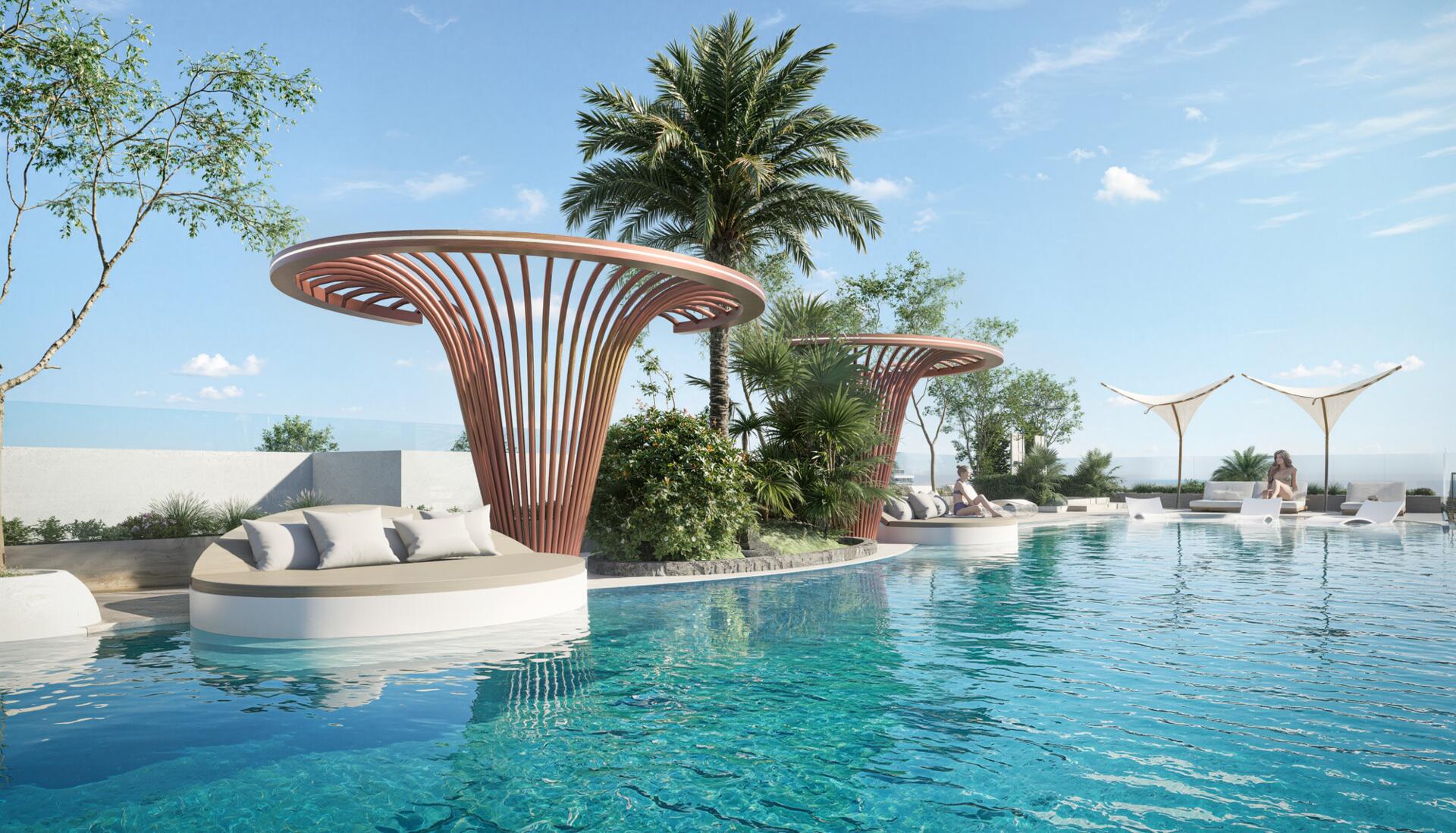
From AED 630K
Dubai South
Crown Palace by Amirah Developments brings a new dimension of refined living to Dubai South, where peace, grandeur, and harmony come together in one exceptional...
Know More ➜
From AED 700K
Jumeirah Village Circle
105 Residences is a bespoke modern architectural gem by Kamdar Developments, featuring exquisite studio, 1-, and 2-bedroom apartments in JVC. Envisioned by award-winning architects, this...
Know More ➜
From AED 488,000
Jumeirah Village Circle
Q Gardens Loft (Phase 1) is an architectural masterpiece by AYS Developers that seamlessly blends classic elegance with innovative modern design. This boutique mid-rise development...
Know More ➜
From AED 1.040M
Jumeirah Village Circle
Greygate Residences is a prestigious 15-storey residential tower featuring 223 smart homes (studios and 1-bedroom apartments) in the heart of JVC. Blending contemporary design with...
Know More ➜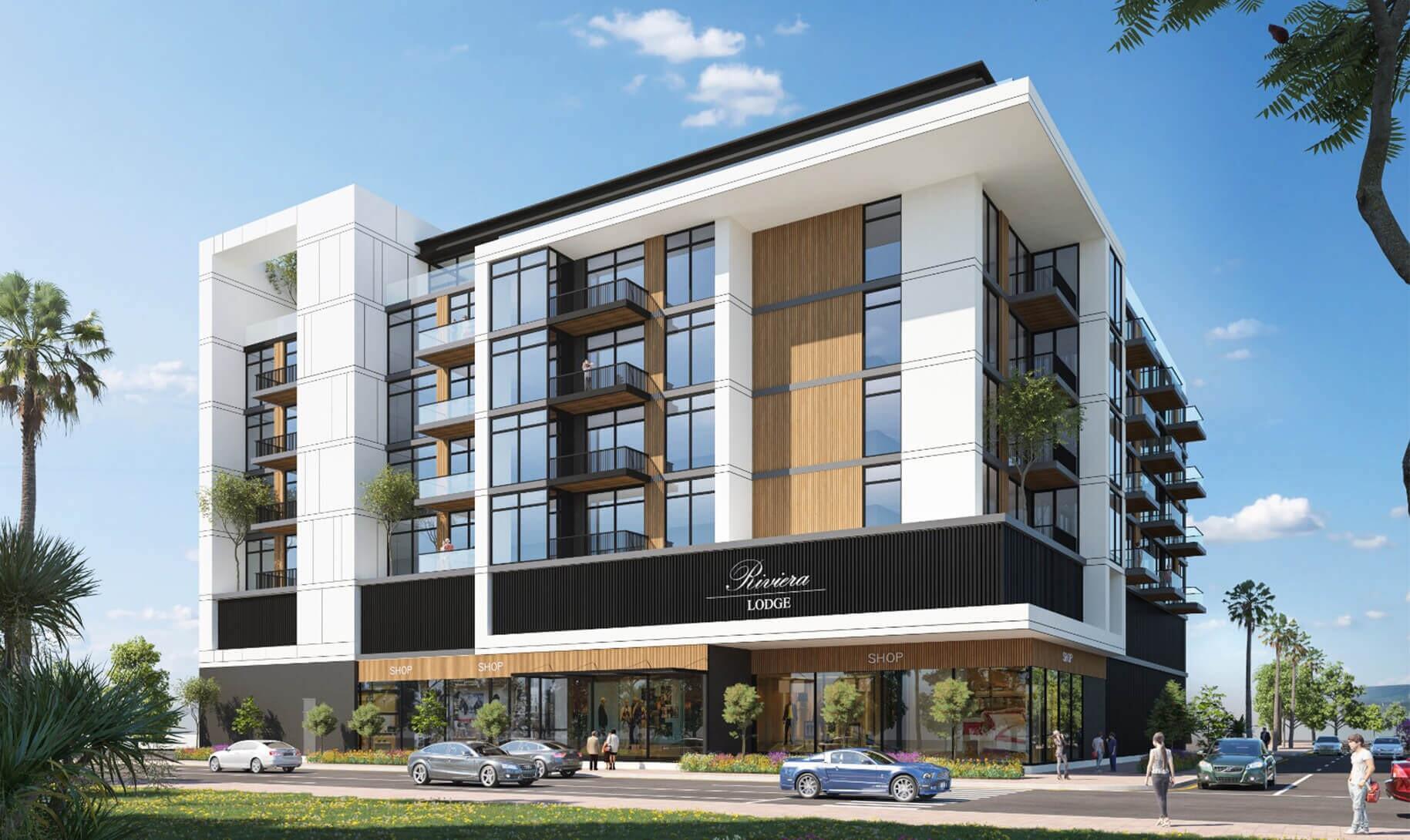
From AED 1.1M
Jumeirah Village Circle
Riviera Lodge Residences is an exclusive 6-storey residential project by Riviera Group (Golden Woods), offering a curated selection of spacious 1-bedroom apartments, each with a...
Know More ➜
From AED 829K
Jumeirah Village Circle
Al Serh Residences 11 is a modern low-rise (B+G+5) residential project by ASAK Real Estate Development, offering 105 meticulously designed homes (studios and 1 &...
Know More ➜
From AED 765K
Jumeirah Village Circle
One Park Central is a 23-storey high-rise by Iman Developers that sets a new standard for luxury and innovation in JVC. This landmark development offers...
Know More ➜
From AED 1.046M
Jumeirah Village Circle
Gharbi 2 Residences is a twin-tower residential development by Rabdan Real Estate Development that redefines luxury living in JVC. This 15-storey project comprises an array...
Know More ➜
From AED 1.478M
Jumeirah Village Circle
Q Gardens Loft 2 is the second phase of AYS Developers’ luxury boutique project in JVC, welcoming you to a world of urban elegance and...
Know More ➜
From AED 1.797M
Jumeirah Village Circle
Ozone 1 Residences is a 25-storey high-rise by Object One Development that epitomises lavish living in JVC. This contemporary tower offers fully furnished studio, 1...
Know More ➜
From AED 675K
Jumeirah Village Circle
Blossom 76 is a stunning 20-storey residential tower by Tranquil Infra Developments, symbolising modern living with iconic design in JVC’s District 17. This contemporary high-rise...
Know More ➜
From AED 935000
Jumeirah Village Circle
Electra is a striking 38-storey residential tower by Acube Developments, named after a bright giant star and destined to be a shining landmark in JVC’s...
Know More ➜
From AED 700K
Jumeirah Village Circle
The Orchard Place Solena is an elegant residential development offering a refined blend of modern design and thoughtful luxury. Nestled in a desirable neighborhood, it...
Know More ➜
From AED 680K
Jumeirah Village Circle
Helvetia Residences is a modern 24-tower residential sanctuary by DHG Properties, offering 430 carefully crafted units from elegant studios up to spacious 3-bedroom apartments. Each...
Know More ➜
From AED 3M
Al Hamra Village
Aila Homes by Al Hamra Development brings refined living to the heart of Al Hamra Village, one of Ras Al Khaimah’s most desirable waterfront communities....
Know More ➜
From AED 630K
Ajman Free Zone
Ajman Creek Towers by GJ Properties is an exceptional off-plan residential project that redefines urban luxury in the heart of Ajman Free Zone. Designed for...
Know More ➜
From AED 2.86M
Business Bay
Rising 450 meters above Sheikh Zayed Road, Sobha SkyParks is a bold new statement in Dubai’s skyline and the latest masterpiece by Sobha Realty. This...
Know More ➜
From AED 684K
Jumeirah Village Circle
Lume Residences is a stylish mid-rise development offering studios and 1- and 2-bedroom apartments with large layouts and full-height windows. The project includes a swimming...
Know More ➜
From AED 514K
Dubai Investment Park
Verdana 9 by Reportage Properties introduces a new chapter of contemporary living in Dubai. Located in the well-connected and eco-focused community of Dubai Investments Park...
Know More ➜
From AED 752K
Jumeirah Village Circle
An elegant, modern development by HRE Development, Skyhils Residences 3 is a contemporary twin‑tower project rising above JVC’s District 18. Scheduled for handover in Q2 2026 (some...
Know More ➜
From AED 900K
Jumeirah Village Circle
Elitz 2 is a luxury twin-tower complex by Danube in JVC that follows the success of the original Elitz, offering studios to 3-bedroom apartments along...
Know More ➜
From AED 899K
Jumeirah Village Circle
Pantheon Elysee 3 is the latest chapter in Pantheon’s esteemed Elysee series—a stylish low-rise development offering a collection of exclusive studios and 1- and 2-bedroom...
Know More ➜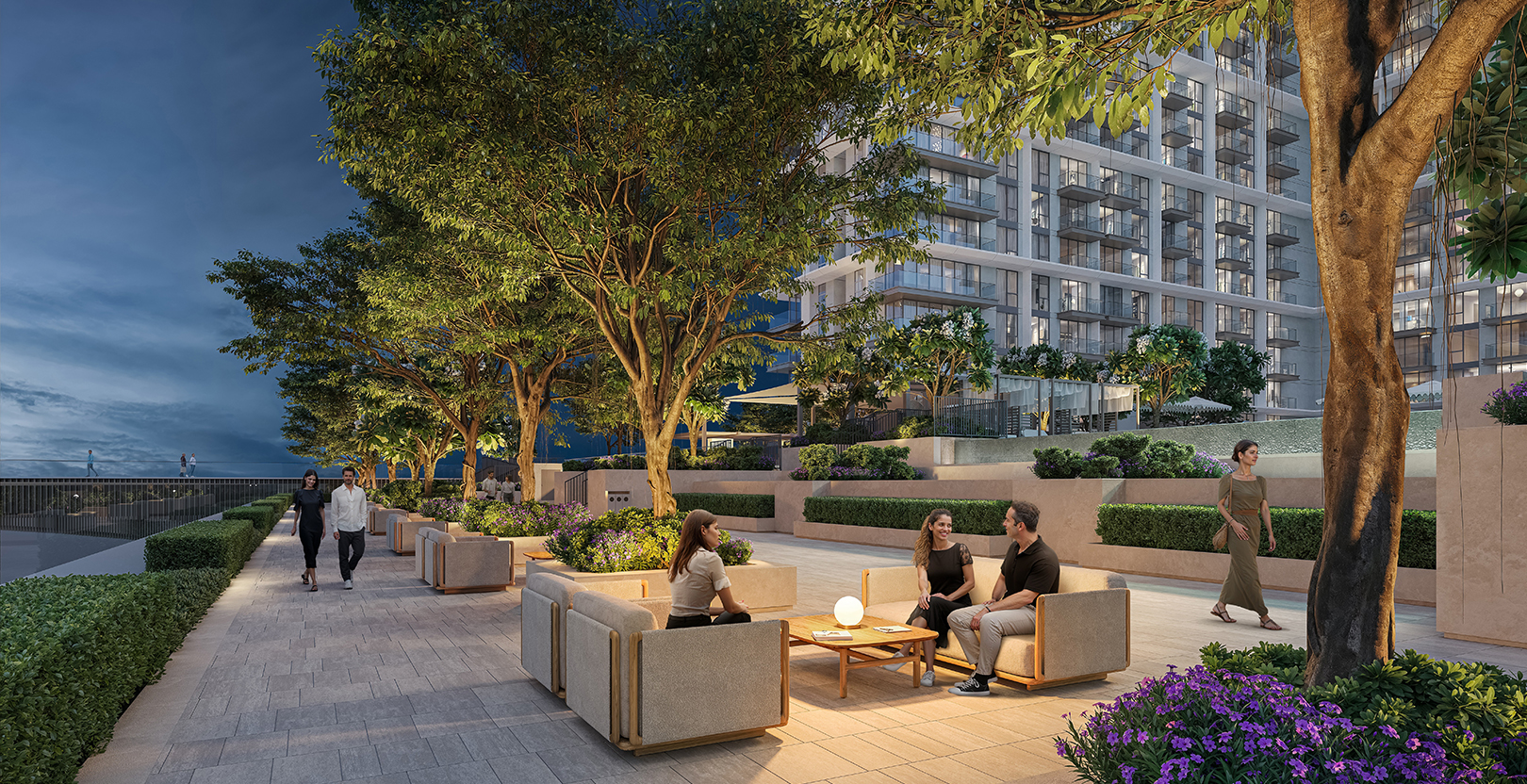
From AED 1.71M
Dubai Hills Estate
Palace Residences Hillside is Emaar’s newest branded residential address in Dubai Hills Estate, delivering a refined balance of resort-style leisure and modern urban elegance. Inspired...
Know More ➜
From AED 2M
Jumeirah Village Circle
The Autograph S Series is Green Group’s latest ultra-modern tower, soaring 35 residential floors high (plus 5 podium levels) in JVC’s District 15. This prestigious...
Know More ➜
From AED 1.149M
Jumeirah Village Circle
Sereno Residences is a tranquil 6-storey residential oasis developed by Svarn (Svam) Development, offering a limited collection of premium studios and 1- and 2-bedroom apartments...
Know More ➜
From AED 1.2M
Dubai Investment Park
DAMAC Riverside Views Royal 1 redefines waterfront living in Dubai. Located in the heart of Dubai Investment Park (DIP), this prestigious 18-story residential tower offers...
Know More ➜
From AED 1M
Jumeirah Village Circle
Sky Suites is a premium 14-story hotel-style residential development by Peace Homes, bringing fully furnished studio and 1- and 2-bedroom suites to the vibrant community...
Know More ➜
From AED 525K
Dubai Investment Park
Verdana 8 by Reportage Properties introduces a new chapter of contemporary urban living within Dubai Investments Park (DIP). Designed for residents who value privacy, comfort,...
Know More ➜
From AED 756K
Jumeirah Village Circle
Legado is an iconic 34-storey residential tower by Prescott Development, poised to redefine luxury living in JVC with its striking design and 30+ lifestyle amenities....
Know More ➜
From AED 3M
Jumeirah Village Circle
Iris Park is a serene residential community nestled amidst lush green landscapes, offering thoughtfully designed homes that blend nature with modern living. With open spaces,...
Know More ➜
From AED 1.71M
Dubai Creek Harbour
Step into the world of AEON, where modern luxury meets serene waterfront living at Dubai Creek Harbour. Developed by the renowned Emaar Properties, this exclusive...
Know More ➜
From AED 1.058M
Al Jaddaf
Experience the harmony of art, architecture, and waterfront living at Art Bay by Ellington Properties — a new benchmark for modern luxury in Dubai. Located...
Know More ➜
From AED 1.169M
Jumeirah Village Circle
Palatium Residences is a signature 17-storey residential development by Ahmadyar Developments, epitomising contemporary luxury in JVC. The project offers a premium selection of studios and...
Know More ➜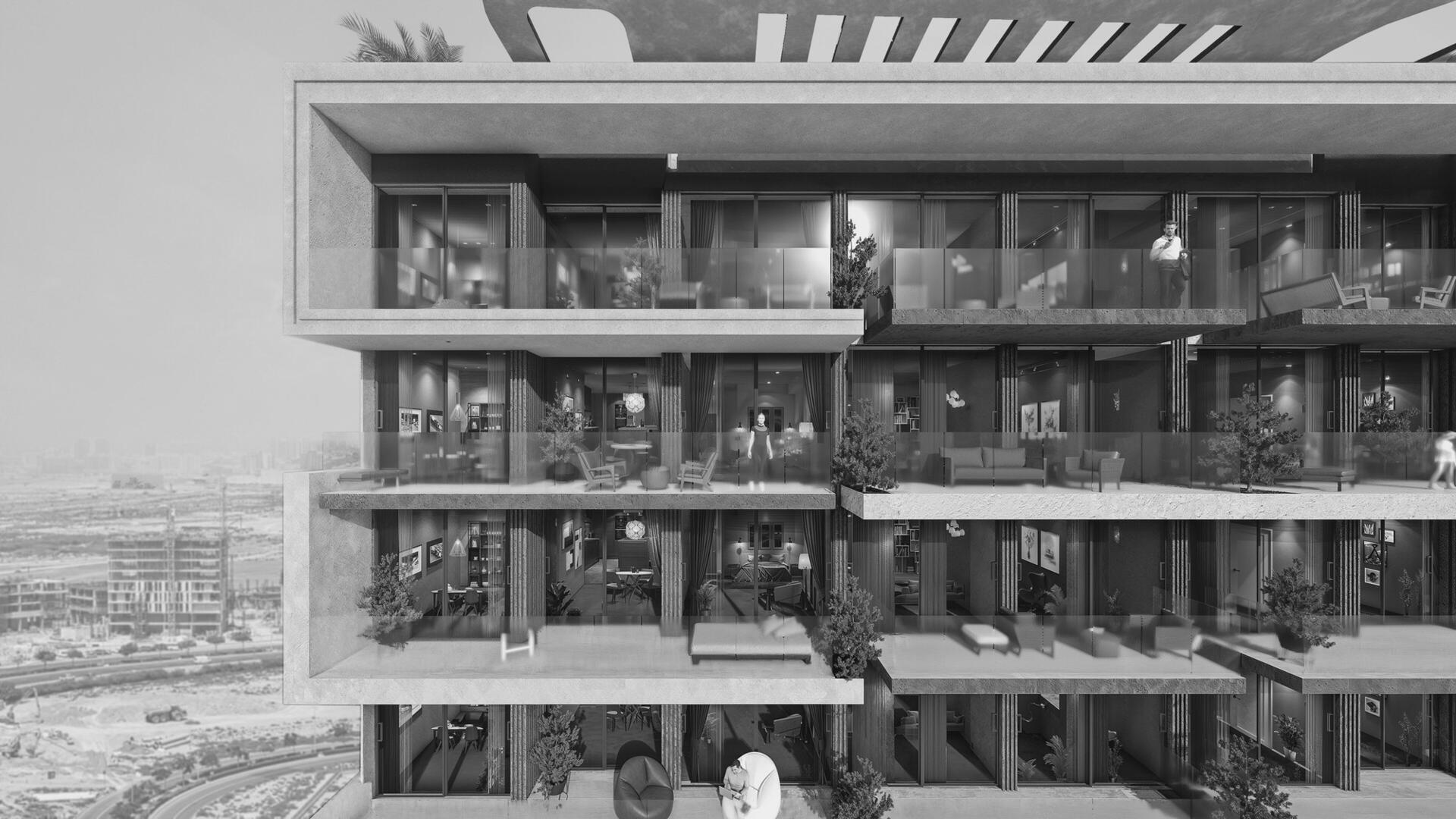
From AED 800K
Dubai Production City
Vista Verde is Fakhruddin Properties’ newest residential landmark in Dubai Production City, designed for modern urban lifestyles with a focus on comfort, efficiency, and sustainability....
Know More ➜DUBAI'S HOTTEST PROPERTIES
Dive into UAE'S Real Estate Market To Find Your Perfect Home.
A LEGACY OF EXCELLENCE IN DUBAI REAL ESTATE
For nearly two decades, FP Property has been guiding clients through Dubai’s evolving real estate landscape with unmatched expertise.
We don’t just close transactions — we build long-term relationships founded on trust, knowledge, and measurable results.
From Dubai’s iconic communities to the emerging landscapes of Abu Dhabi, Ras Al Khaimah, and Umm Al Quwain, the UAE offers limitless investment potential.
Our team stays ahead of every trend — from coastal master communities to commercial growth zones — ensuring our clients find properties that match both lifestyle aspirations and financial goals.
Explore high-performing areas like:
Each location is analyzed by our experts for ROI, rental demand, and long-term appreciation — giving you clarity before you invest.

At FP Property, we go beyond listings — we deliver end-to-end real estate solutions designed for today’s investors and tomorrow’s opportunities.
Our expertise includes:
Every service we offer is rooted in market intelligence, transparency, and client success — because your investment deserves nothing less than excellence.


All Blogs about UAE Properties
Looking for the best waterfront apartments in Dubai? Learn which developments deliver top ROI, unbeatable views, and luxurious waterfront lifestyles.
READ MORE »Explore Dubai’s leading eco-friendly communities offering sustainable living, green architecture, energy-efficient homes, and a healthier lifestyle for residents.
READ MORE »Whether you’re buying your first apartment, expanding your portfolio, or listing your property for sale, FP Property is your trusted real estate agency in Dubai. We combine over 18 years of experience with an insider’s understanding of the UAE market to help clients make informed, rewarding decisions.
Our team goes beyond property transactions — we provide insight, strategy, and ongoing support that turn every purchase into a smart investment. From off-plan opportunities and luxury villas to prime commercial spaces, every property we present is carefully curated for quality and potential.
Experience expert guidance, premium service, and a partnership that values your time, trust, and vision. Your next investment begins here — and we’re here to make it exceptional.
Copyright © FOOTPRINT REAL ESTATE® 2025. All Rights Reserved.
Our websites may use "cookies" to enhance your user experience. Your web browser places cookies on your hard drive for record-keeping purposes and sometimes to track information about you. You may choose to set your web browser to refuse cookies or to alert you when cookies are being sent. If you do so, note that some parts of the websites may not function properly. For further details, please review our Privacy Policy.


